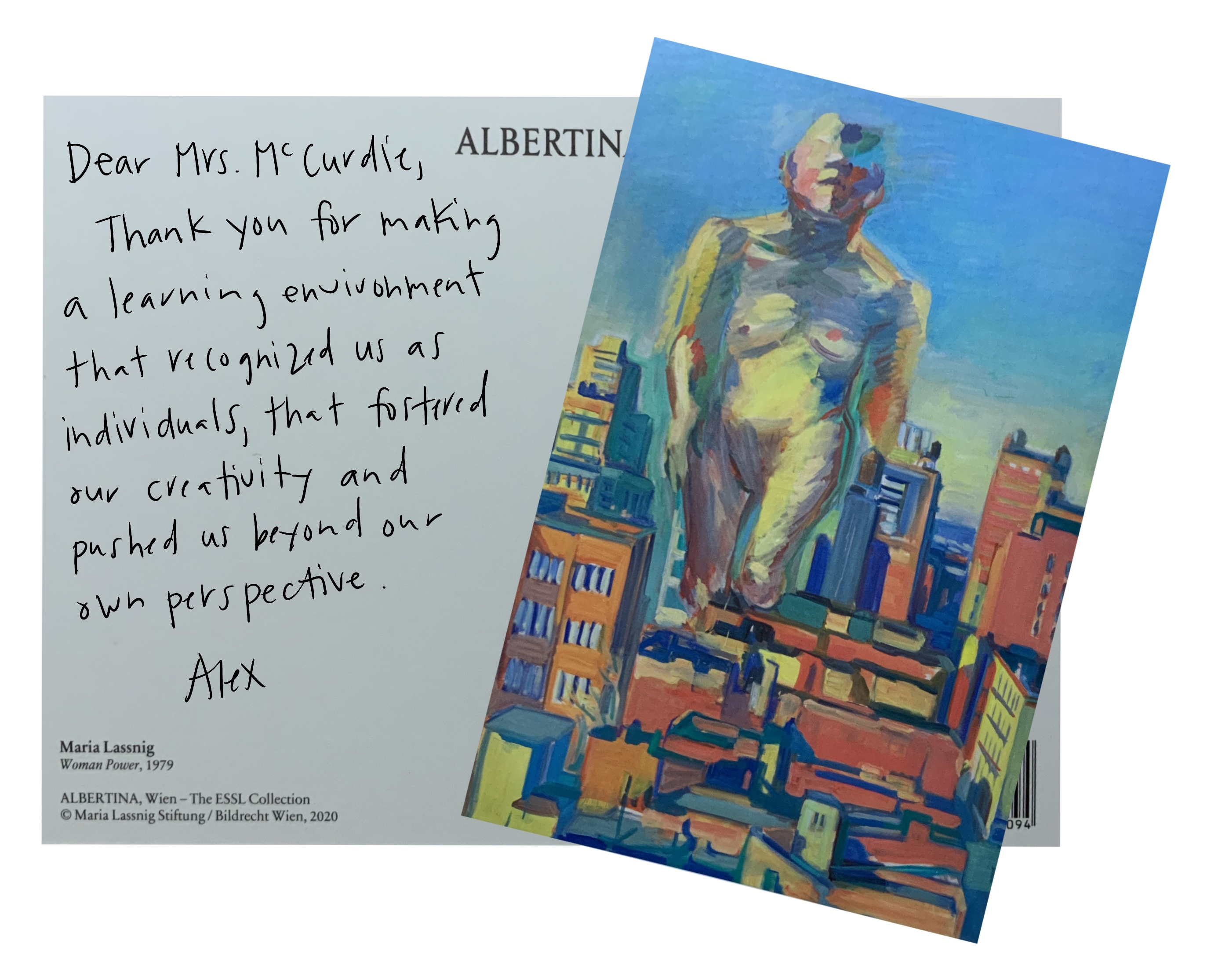to Mrs. McCurdie (continued...again)
My memories of grade 4 and my gratitude to Mrs. McCurdie produced more writing than I anticipated. To get the full picture, check my posts from Day 5 and Day 6.
Mrs. McCurdie’s grandson was in our class that year. Another classmate found his own mother’s name scratch into the underside of his lift-lid student desk; Mrs. McCurdie had been her fourth grade teacher, too. Not much had changed since the name was carved there 21 years before.
But things were starting to change. In 1989, construction of a United States Air Force base began on the edge of our small town. In the early 1960s, the sparse, unpopulated prairies of rural Montana had been deemed a prime location for a fleet of nuclear warheads. In 1991, with the Cold War drawing to an end, Conrad was selected as the best place to house the soldiers, and their families, who were tasked with keeping the country’s stash of nuclear missiles safe in this changing political landscape. New families from around the country started moving into a town where most residents could trace their lineage back multiple generations. Educators, like Mrs. McCurdie, carried the responsibility of teaching us how to be a welcoming community.
When she started engaging us in lessons where she divided the class based on seemingly meaningless attributes– all the blondes at this table one day, all the brown-eyed kids get snacks first the next day– we were, at first, outraged. How could our fair and dependable teacher stoop to such a level? When it became clear this was all part of her plan, we were able to engage in thoughtful dialogue about our core values and beliefs about what it means to be human. Now, I can see she had structured her class to foster these skills from the day we arrived. At the time, I just felt passion and purpose.
A few days later, a new student arrived. She stood at the entry to the classroom, her backpack appeared gigantic as it hung from her tiny frame. Her hair was divided into seven even twists, each with a different colored pair of beads attached to its end. Her skin was a deep brown.
Sheriece and I became fast friends. Mrs. McCurdie allowed us to start a school newspaper, which we diligently typed on the tiny green screen of an Apple IIGS, printing a copy for each class on Fridays afternoons. We spent the lunch breaks carefully removing the perforated edges from the printer paper before distributing our writing. Sheriece taught me how to fold the discarded perforated strips into tiny garland, and Mrs. McCurdie loved our idea to decorate the perimeter of the classroom with our paper creations.
I often wonder about Sheriece’s experience of life in rural Montana; how the complicated dynamics of power and privilege and race played out through the eyes of a young Black girl, thrust into a new and different environment; how my experience of Grade 4 might differ from hers. She only stayed with us for two years before her parents were reassigned to another base, this time in Venice, Italy. We exchanged a few postcards then lost touch.
I have always held gratitude for the friendship Sheriece and I found in one another. Now, as a teacher myself, I have a new appreciation for the thoughtful, caring guidance of Mrs. McCurdie and the grand sense of community she fostered in that little classroom in that little town.



This is a beautiful story, and what a wonderful teacher, building a community in your classroom.
ReplyDeleteI have enjoyed all of this story of your extraordinary 4th grade teacher. I can tell you appreciated all she gave. Glad you shared with us.
ReplyDeleteYou drew me in with your description of the warm classroom and the hints about the surrounding community. Now I want to go back and read the other posts about Mrs. McCurdie!
ReplyDelete